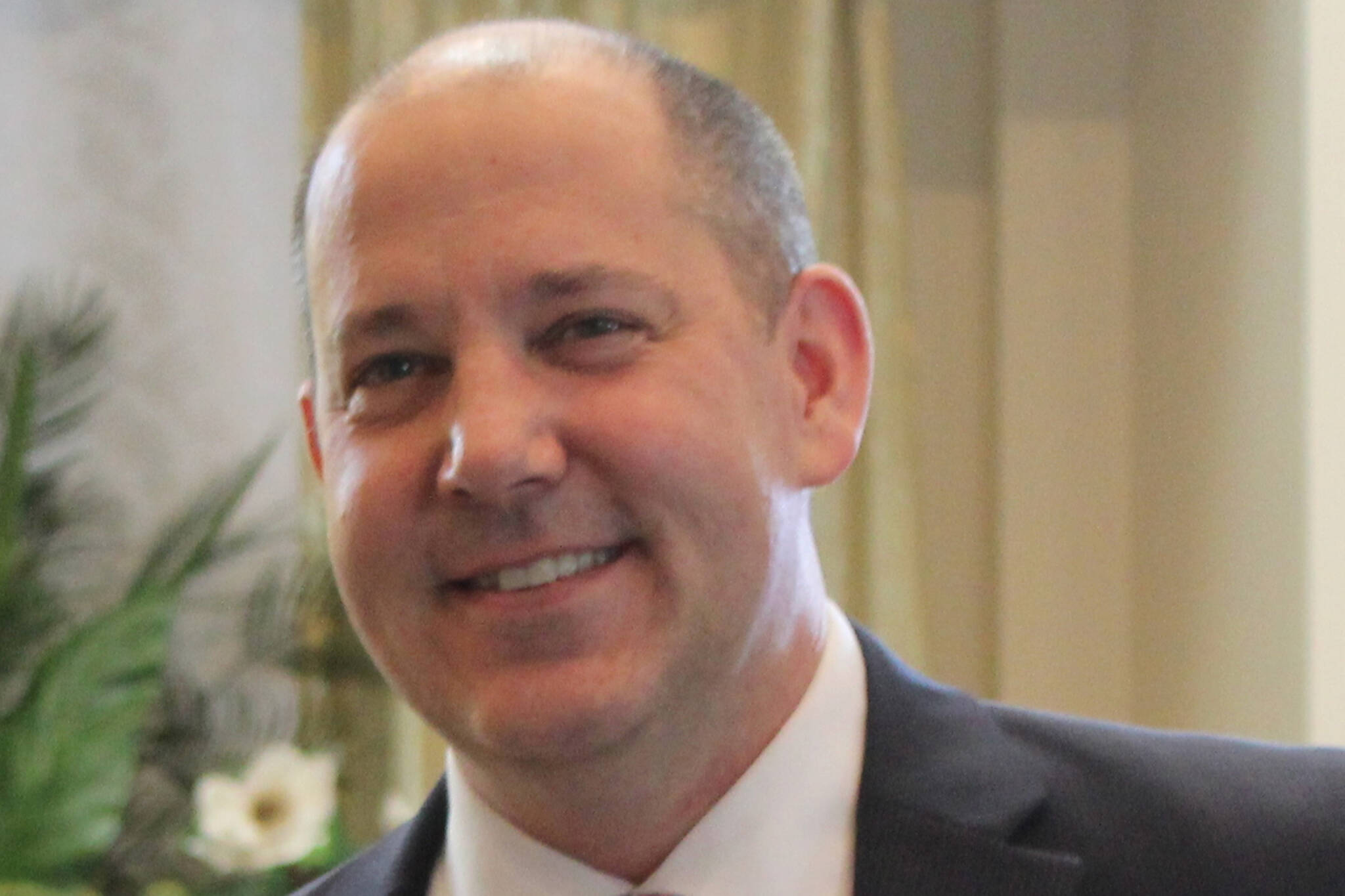By Jason Brune
With the last cruise ship of the season leaving Alaska waters, the Department of Environmental Conservation would like to reflect on our oversight of these vessels and solicit your feedback. Our goal is to give Alaskan residents the confidence that our environment will continue to be protected as we welcome these significant economic drivers into our communities.
Last year, due to COVID-19, no large cruise ships visited Alaska’s waters. While unfortunate, this presented an opportunity to collect baseline water and air data in ports and common corridor transit lanes that will help us better understand local water quality and the impact of cruise ships, both large and small, on our environment. As part of this effort, we sampled 19 ports and numerous transit lanes for bacteria, metals and ammonia.
Despite the absence of cruise ships in 2020, high bacteria concentrations were observed at several ports. This came as no surprise as the permitted discharge limits for many community wastewater facilities in Southeast Alaska far exceed those allowed for cruise ships. As an example, EPA has authorized one community wastewater treatment facility to discharge up to 1.5 million fecal coliform colonies per 100 milliliters of water, while large cruise ships can have no more than 40 fecal colonies per 100 milliliters.
DEC conducted ambient water quality testing this summer and plans on repeating those efforts in 2022 to better understand the tourism industry’s impacts to our waters, especially the impact visitors might have in using restroom facilities onshore. We are committed to finding ways to help upgrade the on-shore wastewater treatment facilities in the communities that need it.
With the elimination of the ocean ranger program, an expensive contract which employed full-time, onboard, predominantly non-Alaskan observers, we were able to implement new, in-house, robust, and cost-effective inspection protocols as cruise ships returned to Alaska. DEC inspectors boarded cruise ships within the first few weeks they were in our waters. In addition, DEC staff analyzed the results for treated wastewater samples, taken both while the ships were in port as well as underway. We also conducted random inspections to ensure compliance throughout the season. Ultimately, large cruise ships were given a clean bill of health this season and did not incur any discharge violations.
Unlike previous years, DEC inspectors spent time onboard all of the small cruise ships (including those smaller vessels with 50-249 lower passenger berths) as well. Unfortunately, we found ample opportunity to critique their environmental performance. Following these inspections, we articulated our expectation that these smaller ships must meet best environmental practices. After follow-up meetings, troubleshooting and subsequent rounds of testing, these small vessels improved the quality of their discharged wastewater.
This season we also continued to scrutinize air emissions from cruise ships. DEC installed ambient air monitors in both Juneau and Ketchikan and completed the Purple Air study in 2019. These studies documented the impacts on Juneau air quality from activities such as barbecues, forest fires, buses, as well as cruise ships.
In future years, DEC will continue to conduct water and air inspections on each cruise ship as they arrive in Alaska. We will also conduct random and targeted inspections on these vessels throughout the season. Data from these inspections and ongoing monitoring efforts can be found on our website.
While informing the public of our reworked inspection program, I also wanted to highlight achievements from the Alaska cruise industry this year. Earlier this summer, Juneau celebrated twenty years of shore power, which allows ships to use cleaner hydroelectric power while docked. We presented the CBJ with a proclamation acknowledging this outstanding achievement. In addition, DEC also recognized Ward Cove Dock Group, LLC for cleaning up a Superfund site so it can be used as a new port of call.
We are proud to work with the cruise industry to bring economic activity back to our coastal communities while ensuring our environment is protected. We look forward to welcoming an increased number of visitors to our communities next summer and encourage your suggestions as we work to further improve our oversight of this important industry next summer.
Please send your constructive thoughts to dec.commissioner@alaska.gov.
• Jason Brune is the commissioner of the Alaska Department of Environmental Conservation. Columns, My Turns and Letters to the Editor represent the view of the author, not the view of the Juneau Empire. Have something to say? Here’s how to submit a My Turn or letter.

